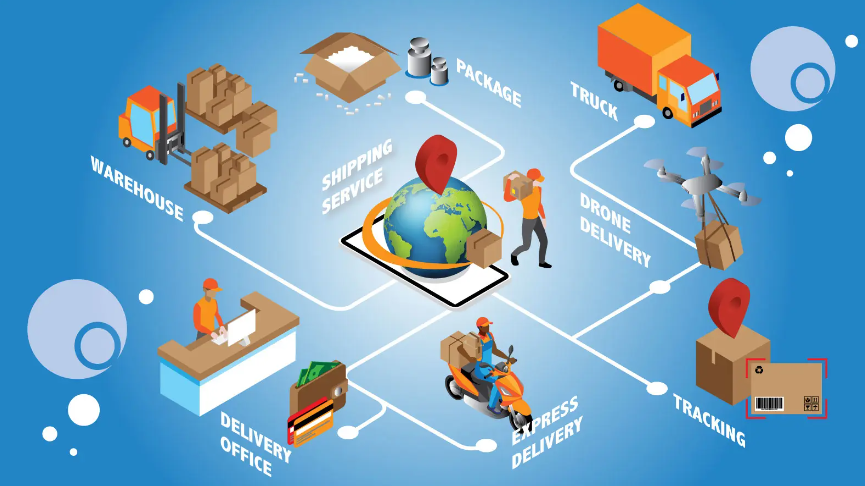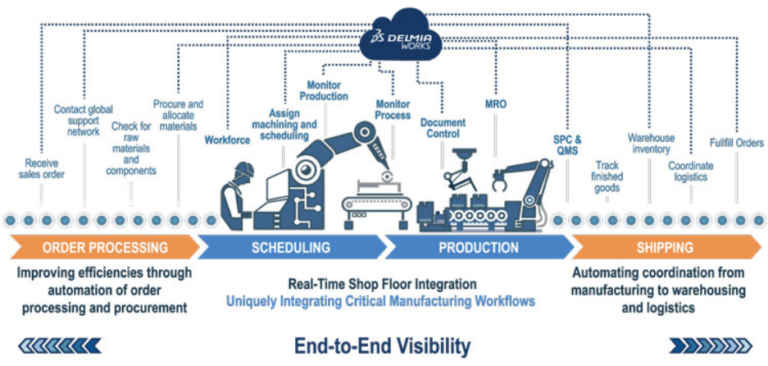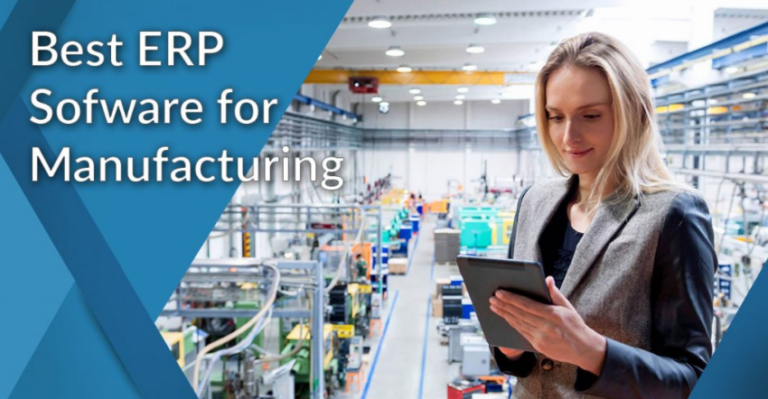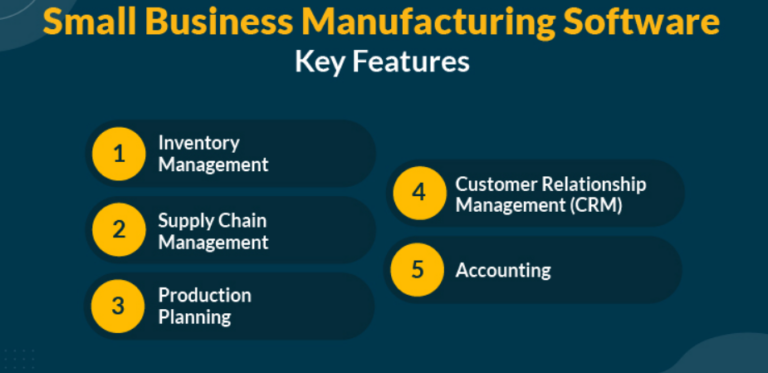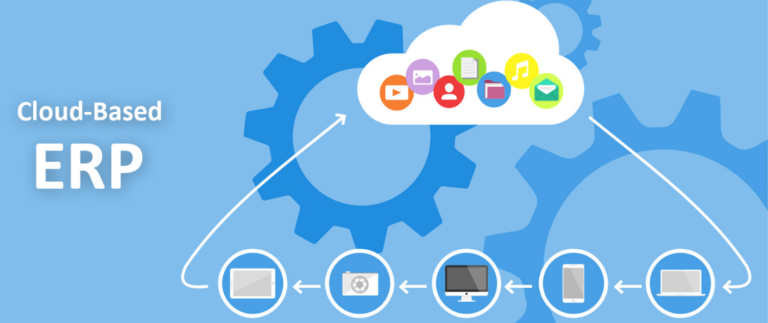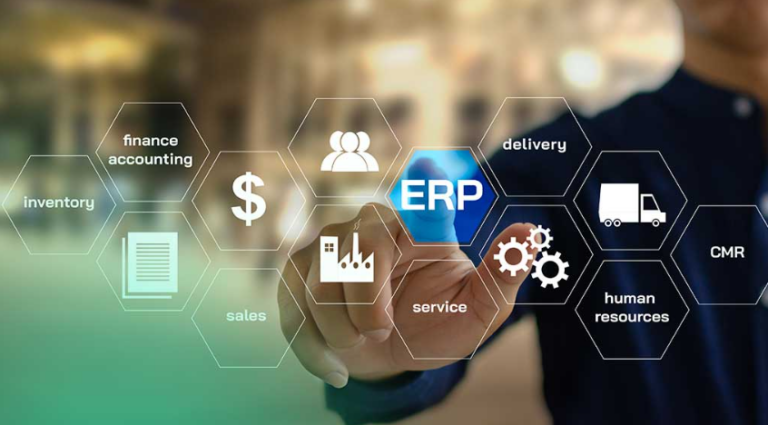In today’s competitive landscape, distribution companies require efficient systems to streamline operations, manage inventory, and enhance customer satisfaction. Distribution ERP (Enterprise Resource Planning) software integrates all critical business processes into a unified system, enabling organizations to optimize their workflows.
What is Distribution ERP Software?
Distribution ERP software is designed to address the unique needs of distribution companies. It consolidates functions such as order management, inventory tracking, warehouse management, and supply chain logistics into a single platform. This software helps businesses automate processes, improve accuracy, and gain real-time visibility into operations.
Key Features of Distribution ERP Software
[Insert Image of ERP Software Product]
When choosing a distribution ERP system, businesses must focus on key features that cater to their specific needs. Common functionalities include:
- Inventory Management: Maintain optimal stock levels and reduce overstocking or stockouts.
- Order Processing: Efficiently manage customer orders, from order entry to fulfillment.
- Warehouse Management: Optimize warehouse operations, including picking, packing, and shipping.
- Demand Forecasting: Use predictive analytics to forecast demand and adjust inventory accordingly.
- Financial Management: Integrate accounting and finance with distribution processes for seamless reporting.
Benefits of Using Distribution ERP Software
[Insert Image of ERP Software Product]
Implementing a distribution ERP system offers numerous benefits that go beyond operational efficiency:
- Improved Inventory Control: Distribution ERP software enables better stock management, reducing costs associated with excess inventory and stock shortages.
- Enhanced Customer Satisfaction: Faster order processing and improved accuracy lead to higher customer satisfaction levels.
- Real-time Data Access: ERP systems provide real-time access to critical business data, allowing for faster decision-making.
- Scalability: These systems can grow with your business, adapting to increased complexity and volume in your operations.
- Cost Savings: Automating processes reduces manual work, minimizes errors, and cuts operational costs over time.
Top Distribution ERP Software: Real-World Examples
1. SAP Business One
[Insert Image of SAP Business One]
SAP Business One is a powerful ERP system designed for small and medium-sized distribution companies. It integrates core business functions, including sales, inventory, and supply chain management.
- Use Case: Ideal for distributors needing strong inventory and financial management tools.
- Pros: Customizable workflows, real-time data access, excellent scalability.
- Cons: Expensive for smaller businesses, complex implementation.
- Price: Starts at $3,213 per user (one-time license fee).
- Features: Demand planning, warehouse management, and integrated CRM.
2. NetSuite ERP
[Insert Image of NetSuite ERP]
NetSuite is a cloud-based ERP solution known for its robust functionality, catering to distribution companies of all sizes.
- Use Case: Best suited for businesses seeking comprehensive cloud-based solutions with deep customization options.
- Pros: Cloud accessibility, strong financial management, easy integration with other systems.
- Cons: Higher pricing for premium features, learning curve for new users.
- Price: Starts at $999/month.
- Features: Warehouse automation, order management, demand planning, and financial analytics.
3. Microsoft Dynamics 365
[Insert Image of Microsoft Dynamics 365]
Microsoft Dynamics 365 is a versatile ERP solution that provides distribution companies with the ability to streamline their operations, from inventory management to customer service.
- Use Case: Suitable for large distribution companies that need flexibility in operations and cloud connectivity.
- Pros: Strong integration with Microsoft products, advanced AI and analytics tools.
- Cons: High cost, can be overkill for smaller businesses.
- Price: Starts at $1,800 per month.
- Features: Advanced inventory tracking, AI-driven insights, real-time analytics.
4. Infor CloudSuite Distribution
[Insert Image of Infor CloudSuite Distribution]
Infor CloudSuite Distribution is a robust cloud-based ERP system specifically designed for distributors, providing end-to-end visibility and control.
- Use Case: Best for mid-sized distribution companies looking for industry-specific solutions.
- Pros: Industry-specific features, strong user interface, scalable.
- Cons: Limited third-party integrations, high upfront costs.
- Price: Custom pricing available on request.
- Features: Inventory optimization, warehouse management, financial integration.
Buy Infor CloudSuite Distribution
5. Acumatica Cloud ERP
[Insert Image of Acumatica Cloud ERP]
Acumatica Cloud ERP offers a comprehensive suite of business applications tailored for distributors, with features for managing supply chain and inventory.
- Use Case: Suitable for small to mid-sized distribution companies with a need for cloud-based flexibility.
- Pros: Affordable, customizable, and user-friendly interface.
- Cons: Limited advanced features, third-party integrations can be tricky.
- Price: Starts at $1,000 per user per month.
- Features: Distribution management, customer relationship management, and financial tools.
Comparing the Best Distribution ERP Software Solutions
Each of these ERP systems offers unique strengths depending on your business needs.
- SAP Business One excels in inventory management and scalability but has a higher upfront cost.
- NetSuite ERP is perfect for businesses needing cloud-based solutions, but it comes at a higher monthly fee.
- Microsoft Dynamics 365 is powerful for larger organizations but may be too costly for smaller ones.
- Infor CloudSuite Distribution is tailored for distributors but offers fewer third-party integrations.
- Acumatica Cloud ERP provides great value but lacks some advanced features.
Why Distribution Companies Need ERP Software
Distribution ERP software addresses several pain points that businesses face, such as inefficient inventory management, slow order fulfillment, and disjointed financial reporting. These systems integrate all critical functions into a single platform, allowing for automation and increased accuracy. With real-time data at their fingertips, companies can make informed decisions, reduce costs, and stay competitive.
How to Buy Distribution ERP Software
When purchasing ERP software, it’s essential to evaluate your company’s specific needs, budget, and scalability requirements. Each ERP system offers different pricing models, from subscription-based plans to one-time licensing fees. It’s recommended to opt for solutions that offer free trials or demos.
Shop for Distribution ERP Software
FAQs
1. What is the average cost of distribution ERP software? The cost varies by product, but prices generally range from $1,000 to $3,000 per user annually. Cloud-based solutions tend to have monthly subscription fees.
2. Can ERP software integrate with my existing systems? Yes, most modern ERP software solutions offer integrations with third-party systems like CRM, e-commerce platforms, and accounting software.
3. How long does ERP implementation take? Implementation can take anywhere from 6 to 12 months, depending on the size of your business and the complexity of the software.
